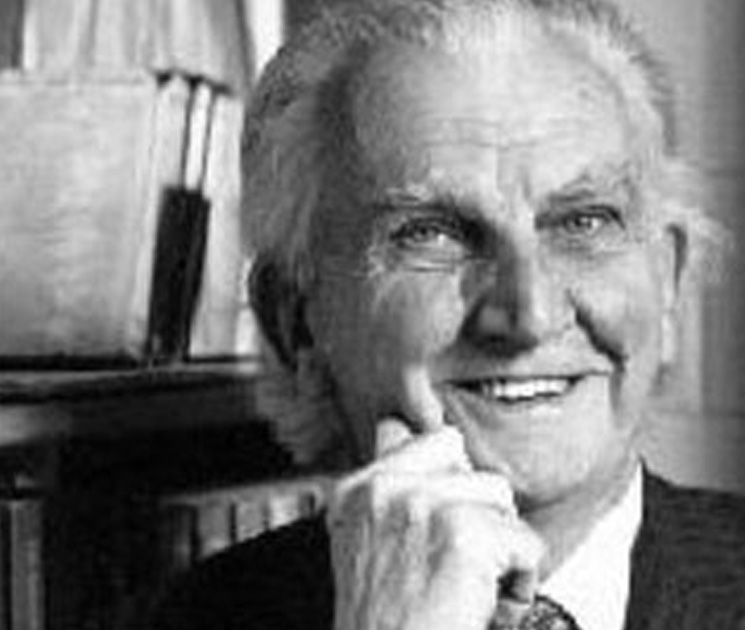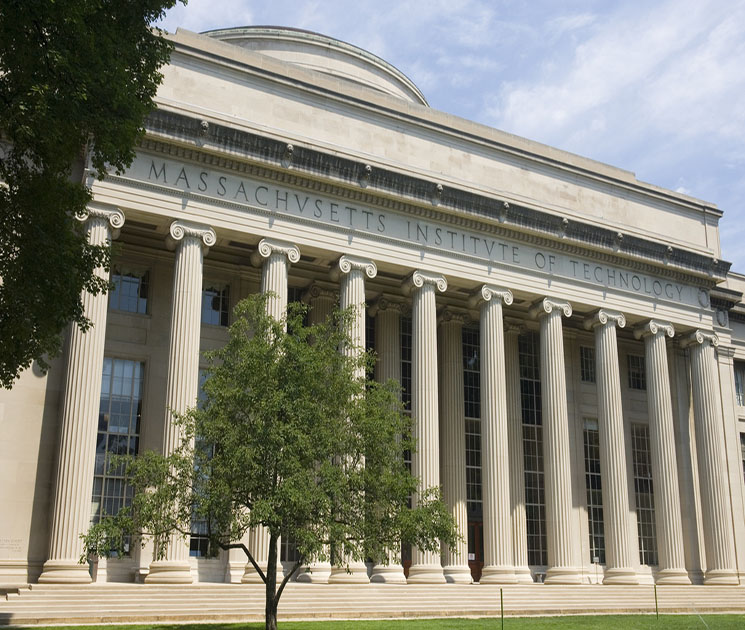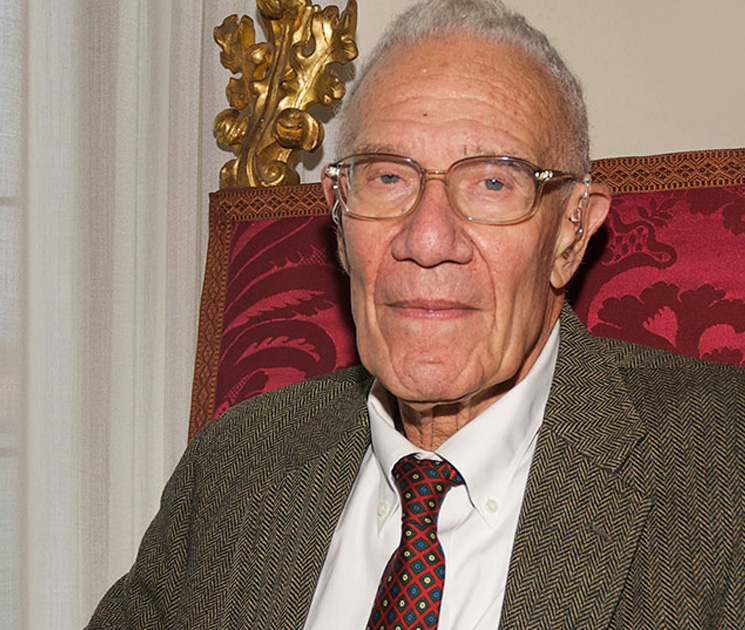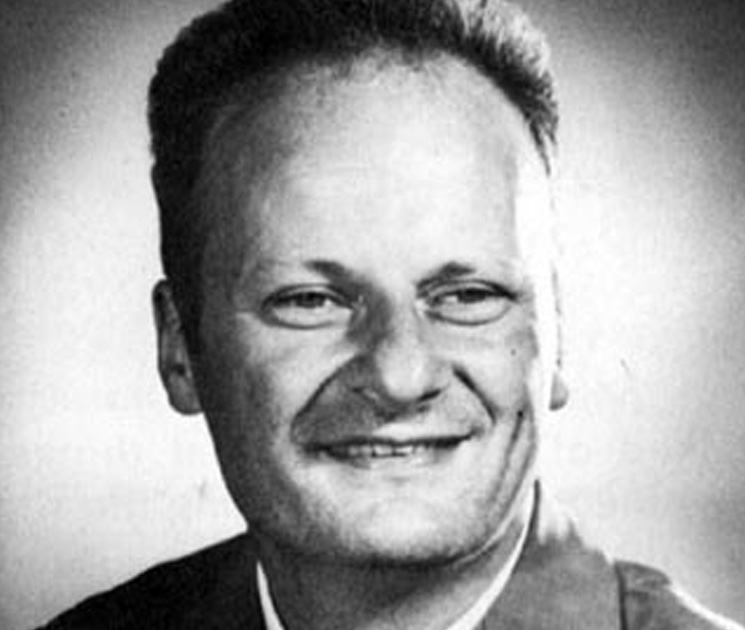Linus Pauling (1901–1994) was an American scientist, peace activist, author, and educator. He was one of the most influential chemists in history and ranks among the most important scientists in any field of the 20th century. Pauling was among the first to work in the fields of quantum chemistry, molecular biology, and orthomolecular medicine. He is one of few individuals to have been awarded more than one Nobel Prize and one of two people to receive the Nobel in two different fields. He is also the only person in that group to have been awarded each of his prizes without sharing it with another recipient.
Pauling was born and raised in Oregon. He attended Oregon Agricultural College and graduated in 1922 with a degree in chemical engineering. He then went to the California Institute of Technology, where he received his PhD in physical chemistry and mathematical physics in 1925. Two years later, he accepted a position at Caltech as an assistant professor in theoretical chemistry.
In 1932, Professor Pauling published a landmark paper, detailing his theory of orbital hybridization and analyzed the tetravalency of carbon. That year, he also established the concept of electronegativity and developed a scale that would help predict the nature of chemical bonding. He continued this work, but also began publishing papers on the structure of the atomic nucleus. In 1954, Pauling was awarded the Nobel Prize in Chemistry. As a biochemist, he conducted research with X-ray crystallography and modeling in crystal and protein structures. This type of approach was used by English scientists to discover the double helix structure of the DNA molecule.
During the Second World War, Professor Pauling worked on military research and development. When the war ended, however, he became particularly concerned about the further development and possible use of atomic weapons and with the destruction inflicted on the world by war in general. He soon began to express his concerns with the effects of nuclear fallout and endured ostracism and criticism for his uncompromising stand, but was awarded the 1962 Nobel Peace Prize for his campaign against above-ground nuclear testing.
- More at the Nobel Prizes
- Obituary in the New York Times










